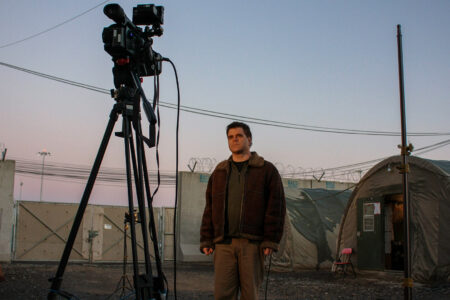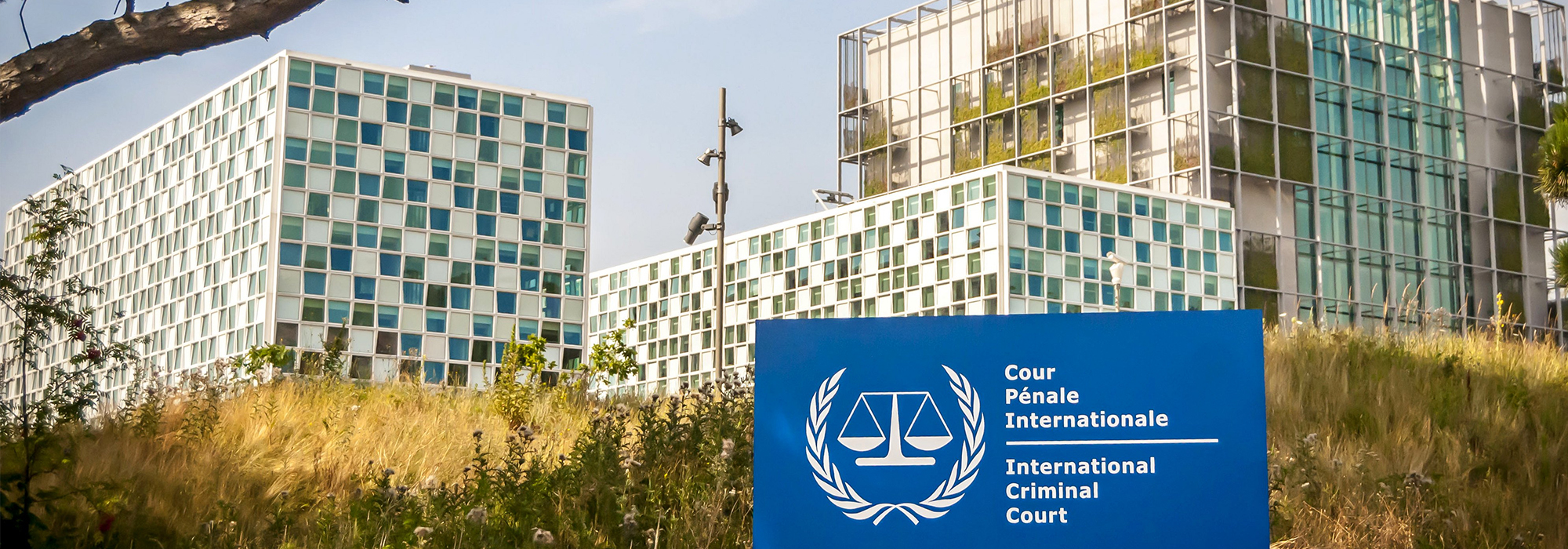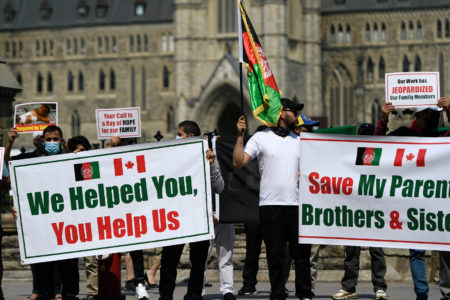
The Pre-Trial Chamber of the International Criminal Court (ICC) has rejected the request of the Prosecutor to proceed with an investigation of alleged crimes against humanity and war crimes committed in Afghanistan. These include alleged crimes committed by the Taliban and other armed groups, such as attacks by gunmen and bombers resulting in murders and injuries of civilians gathered in mosques, hospitals and schools; and alleged crimes by US forces and the Central Intelligence Agency, such as causing severe physical and mental pain or suffering, torture and rape for the purposes of “forcing confessions, obtaining information or retaliating for the attacks suffered on 11 September 2001 on US territory.”
This rejection reinforces the need for the ICC to find solutions to the constraints that obstruct it from pursuing or effectively investigating and prosecuting alleged crimes in challenging circumstances. Arguably, when nations allow the ICC to continue as it does, underfunded and at the mercy of the cooperation and good will of states whose citizens may be investigated and prosecuted, we must seriously question whether the world truly wants this court to prosecute atrocity crimes when a state cannot or will not do so itself. This recent Pre-Trial Chamber decision suggests that part of the solution may lie in better funding of the court.
Afghanistan has been a member state of the ICC since 2003, and therefore the court can exercise jurisdiction over crimes listed in the Rome Statute committed on the territory of Afghanistan or by its nationals since May 1, 2003. Situations can come before the ICC in one of three ways: a member state can refer a situation, the United Nations Security Council can refer a situation or the prosecutor can initiative an investigation. Only with a matter in the third category must the prosecutor request and obtain prior authorization of the Pre-Trial Chamber, as was the case with the investigation into crimes allegedly committed in Afghanistan.
In their 32-page ruling on April 12, the judges of the Pre-Trial Chamber concluded that an investigation and prosecution is not likely to be successful, for two reasons. The first is the unlikely “prospects of securing meaningful cooperation from relevant authorities for the future, whether in respect of investigations or of surrender of suspects” (para. 94). Second, they cited the lack of “likelihood that both relevant evidence and potential relevant suspects might still be available and within reach of the Prosecution’s investigative efforts” (para. 91). Therefore, they decided, proceeding with an investigation would not be in the interests of justice.
The judges argue that “an investigation can hardly be said to be in the interests of justice if the relevant circumstances are such as to make such investigation not feasible and inevitably doomed to failure.”
Legal scholars are criticizing the judges’ decision and their interpretation of “interests of justice.” Some are arguing that this judgment implies political calculations and the influence of bullying tactics by the US. There is probably truth to this, but it is important not to overlook the implication written into the judgment that the court could have done better here if it had higher funding that would have allowed it to do more and to work despite attempts to disrupt or withhold cooperation.
The ruling makes explicit a link between the lack of resources for this investigation (and others) and the judges’ interpretation of the “interests of justice.” The judges argue that “an investigation can hardly be said to be in the interests of justice if the relevant circumstances are such as to make such investigation not feasible and inevitably doomed to failure” (para. 90). Paragraph 95 notes that the investigation would “require a significant amount of resources” and that the authorization of an investigation then would put a strain on the “limited amount of…resources” available for the Prosecutor.
The assumption that there may be opposition to prosecutions is central to the mandate of the ICC: it is a court of last resort in situations where the state is unable or unwilling to fulfill its international responsibility to prosecute atrocity crimes. But its current financial situation leaves it too vulnerable to the good will (or lack thereof) of targeted states. When the ICC is underfunded, it faces another substantial hurdle to addressing some of the crimes it was created to address.
It is time for states, such as Canada, to really consider again if the ICC is an institution we want to succeed in this world. The rejection of the Afghanistan investigation has significantly and negatively affected the court’s already strained legitimacy in the eyes of many around the world. A better-funded ICC might have reduced the likelihood of this judgment and signalled to the world that it could withstand opposition and a dearth of cooperation.
Photo: Shutterstock by Roman Yanushevsky
Do you have something to say about the article you just read? Be part of the Policy Options discussion, and send in your own submission. Here is a link on how to do it. | Souhaitez-vous réagir à cet article ? Joignez-vous aux débats d’Options politiques et soumettez-nous votre texte en suivant ces directives.










